Autoclave
Autoclaves are also known as steam sterilizers and are typically used for healthcare or industrial applications. An autoclave is a machine that uses steam under pressure to kill harmful bacteria, viruses, fungi, and spores on items that are placed inside a pressure vessel. The items are heated to an appropriate sterilization temperature for a given amount of time. The moisture in the steam efficiently transfers heat to the items to destroy the protein structure of the bacteria and spores.
The costs of an autoclave can vary greatly because of the various uses and applications of this technology. Industrial and pharmaceutical autoclaves are customized and manufactured for a specific use and therefore costs are likely to differ compared to autoclaves you find in a hospital or dental office.
Report Abuse
Shipping Details
Based on 0 reviews
Be the first to review “Autoclave”
You must be logged in to post a review.
Vendor Information
- Store Name: ATLANTIC Scientific and Research Supply
- Vendor: ATLANTIC Scientific and Research Suply
- No ratings found yet!
-
Health & Medical
Pippin-prep
The Pippin Prep facilitates library construction for the most popular NGS platforms, and is recommended by Illumina and Ion Torrent for certain workflows. The platform features the ability to collect narrow and even fragment distributions, as well as the flexibility to collect wide ranges of fragments with minimal effort. Target sizes or ranges of sizes are entered in software, and fractions are collected in buffer. Up to 5 samples per gel cassette may be run, with no possibility of cross contamination
SKU: n/a -
Health & Medical
Vernier caliper
Manufactured from hardened stainless steel with dual reading in Imperial to 0.001in and in Metric to 0.02mm. The universal four-way measurement facility enables reading in External, Internal, Depth and Step modes.
The sliding thumb lock feature easily allows quick and precise measurements to be taken.
The satin finished scales and beam ensure fast, easy and accurate readings.
A strong plastic storage case provides a secure home for this precision instrumentSize 150mm / 6in
SKU: n/a -
Health & Medical
Water-Deionizer
Water Deionizer Industrial Waste Water Treatment Equipment Machine
How Water Deionizer Industrial Waste Water Treatment Equipment Works
The Reverse Osmosis process uses a semi-permeable membrane to separate and remove dissolved solids, organics, pyrogens, submicron collodial matter, viruses, and bacteria from water. The process is called “Reverse” Osmosis since it requires pressure to force pure water across a membrane, leaving the impurities behind. Reverse Osmosis is capable of removing 95 – 99% of the total dissolved solids (TDS) and 99% of all bacteria, thus providing safe, pure water.SKU: n/a -
Health & Medical
Microtome
The M-240 microtome from Myr uses state-of-the-art technology and embodies the company´s commitment to quality and excellence in microtomy. It provides the operational convenience and the stability required for outstanding sectioning in routine, research and industry applications
SKU: n/a


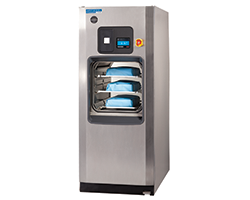
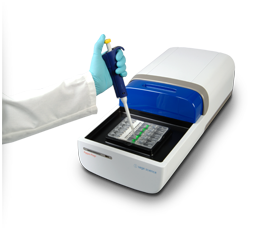
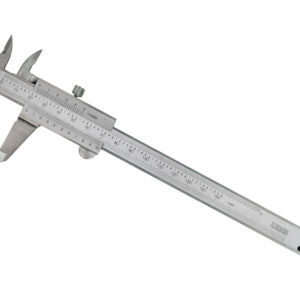
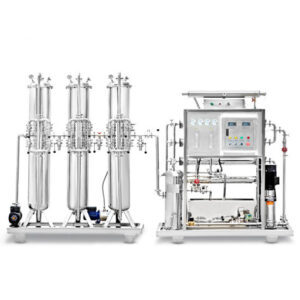
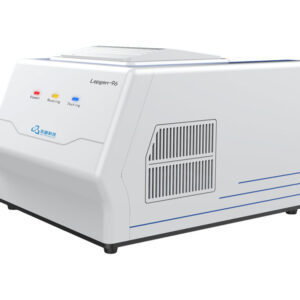
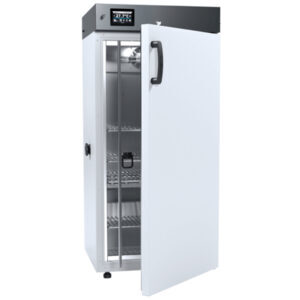
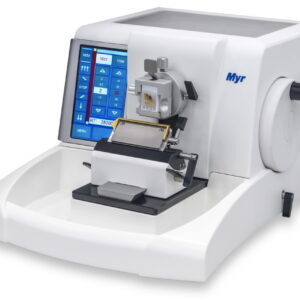
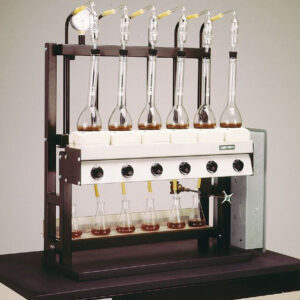
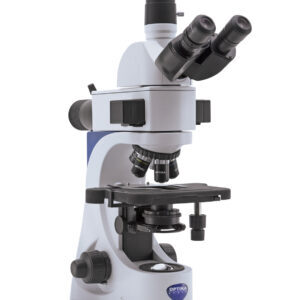
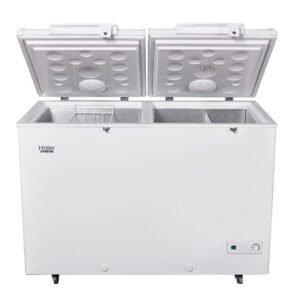
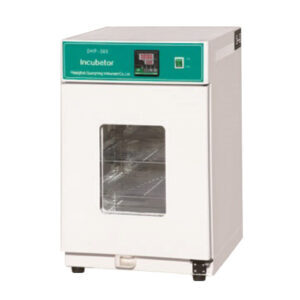
There are no reviews yet.